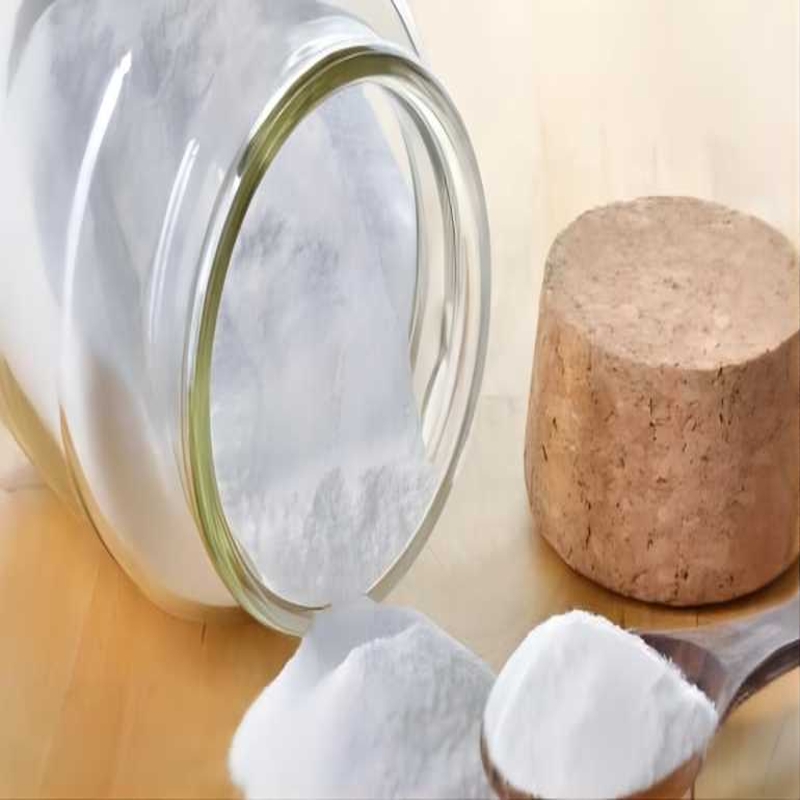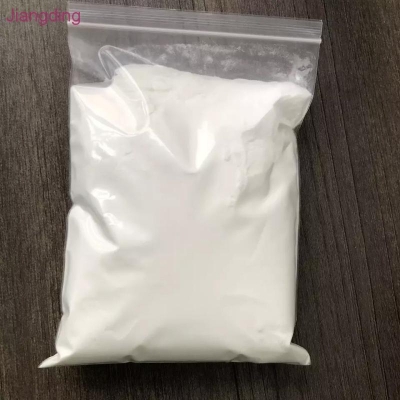-
Categories
-
Pharmaceutical Intermediates
-
Active Pharmaceutical Ingredients
-
Food Additives
- Industrial Coatings
- Agrochemicals
- Dyes and Pigments
- Surfactant
- Flavors and Fragrances
- Chemical Reagents
- Catalyst and Auxiliary
- Natural Products
- Inorganic Chemistry
-
Organic Chemistry
-
Biochemical Engineering
- Analytical Chemistry
- Cosmetic Ingredient
-
Pharmaceutical Intermediates
Promotion
ECHEMI Mall
Wholesale
Weekly Price
Exhibition
News
-
Trade Service
The symptoms of extraesophageal reflux disease include pharyngitis, chest pain, cough, asthma, aspiration pneumonia, etc.
, and its diagnosis is difficult because the gold standard test for diagnosing gastroesophageal reflux only measures the load of esophageal reflux, not reflux events.
The impact of the lungs
.
Current studies trying to correlate esophageal reflux exposure with respiratory symptoms have shown conflicting results.
The symptoms of extraesophageal reflux disease include pharyngitis, chest pain, cough, asthma, aspiration pneumonia, etc.
Research on biomarkers has focused on identifying gastric-specific substrates found in the lungs as evidence of gastric inhalation
.
One of the earliest proposed biomarkers is pepsin, which is produced in the stomach.
44%–100%
Another potential surrogate biomarker is bile, which is found in the lungs of 38% of the adult lung transplant patients
.
However, it is unclear whether bile is an effective biomarker for children or non-transplant patients
In addition, the following data are lacking in adults and children:
(i) The relationship between the presence of gastric bile and the subsequent presence of lung bile,
(ii) The effect of acid suppression on bile components in stomach or lung samples,
(iii) The influence of gastric motility disorder and gastroesophageal reflux on the presence of pulmonary bile,
(iv) The influence of lung bile on the clinical prognosis of non-transplant patients
.
The goal of this study is to overcome the limitations of the current literature in order to promote the understanding of bile as a potential biomarker and its related effects on the prognosis of patients with respiratory symptoms and children with lung transplantation (LTX)
.
This study prospectively recruited lung transplant (LTX) and non-transplant patients with respiratory symptoms (RP), and collected stomach and lung samples from healthy control patients
.
Then use liquid chromatography-mass spectrometry to evaluate the bile concentration and composition of the sample
The researchers recruited a total of 70 patients (48 RP and 22 LTX)
.
Overall, 100% of stomach and 98% of bronchoalveolar lavage fluid samples contained bile
This study confirms that bile is considered a marker of aspiration and a precursor to more severe lung disease in the lung transplant population
.
Although this study also shows that bile (especially bound bile acids) is associated with chronic lung allograft dysfunction (CLAD), it now shows that bile is also a predictor of more severe disease in non-transplant patients
This study confirms that bile is considered a marker of aspiration and a precursor to more severe lung disease in the lung transplant population
Original source:
Rosen, Rachel.
Leave a message here







